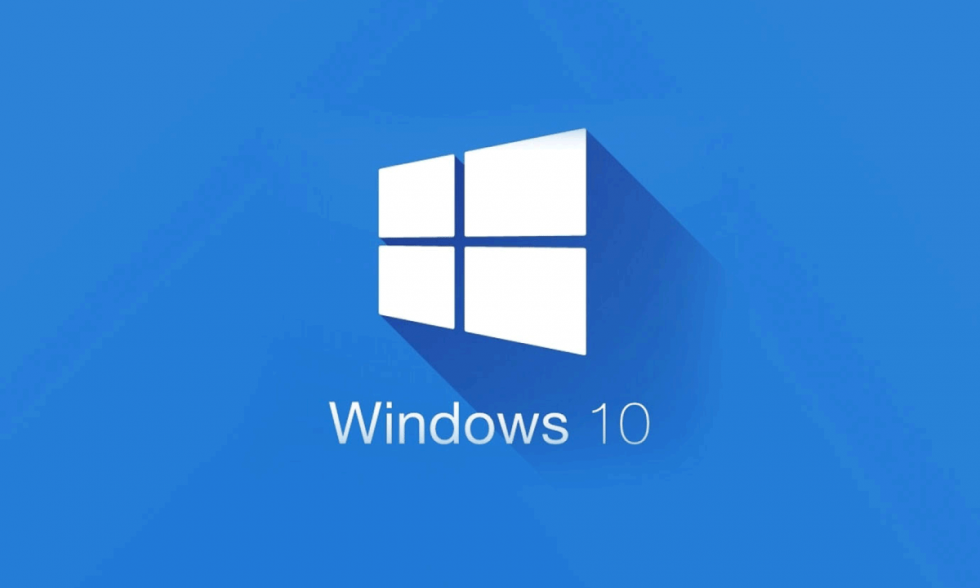How Top Consulting Firms Are Rethinking Employee Well-Being to Combat Burnout
In an age where productivity demands keep rising and global uncertainty continues to disrupt professional stability, burnout has become a defining workplace issue. Particularly in the consulting industry—renowned for long hours, relentless deadlines and high client expectations—the mental and emotional toll on professionals is being taken more seriously than ever.
Responding to this critical challenge, leading firms like EY, PwC and Accenture are rolling out comprehensive well-being programs that combine flexible work models, personalized benefits, mental health resources and innovative technologies. Their goal: build healthier, more resilient organizations in a competitive and evolving labor market.
The Shift: From Perks to Purposeful Wellness
Well-being initiatives in the corporate world have evolved significantly. Once limited to gym memberships or wellness newsletters, today’s programs are deeply integrated into corporate culture and long-term talent strategies.
At EY, this evolution is reflected in a “holistic approach” to employee wellness. According to Kim McConnell, Director of EY Assist, the company prioritizes physical, mental, financial and social well-being through tailored benefits and initiatives.
Some highlights include:
- 25 free mental health coaching or therapy sessions per year, accessible to both employees and their families.
- Up to $1,000 annually for activities such as vacations, fitness memberships or personal enrichment.
- Financial support for childcare, pet care and commuting expenses.
- Psychology-based programs for stress management, mindfulness and personal development.
Additionally, EY emphasizes interpersonal connection through its Team Leader Skills Accelerator, a development program designed to foster inclusive team cultures around focus, flexibility and impact.
Innovation Through AI: The EY Vitality Index
One of the most distinctive aspects of EY’s strategy is its use of artificial intelligence to monitor and improve employee well-being. The proprietary EY Vitality Index evaluates teams using 12 well-being indicators, combining experiential data—such as perceptions of support and growth—with operational metrics like hours worked and PTO usage.
This tool allows leadership to detect early signs of burnout and intervene before it affects performance or morale. It’s a clear example of how data and empathy can coexist in shaping a healthier workplace.
PwC: Protecting Focus and Autonomy
At PwC, employee well-being is considered a long-term investment. The firm has implemented Rock Your Block, a weekly no-meetings block to allow uninterrupted time for deep work or rest. Additionally, the firm launched My Milestone Rewards, a $22 million program that gives employees the power to select the health and wellness benefits that matter most to them.
Key offerings include:
- Access to mental health platforms such as Talkspace, Brain.fm and Togetherall.
- Fitness memberships with Peloton, Wellhub and One Pass.
- Support for fertility treatments, financial advising and caregiving responsibilities.
PwC also emphasizes learning and volunteering, giving employees structured time to upskill and contribute to causes they care about—adding purpose and flexibility to the work experience.
Accenture: The 3Rs—Recognition, Recovery and Renewal
Accenture’s approach to burnout prevention is centered around the three pillars of Recognition, Recovery and Renewal. The firm provides a wide range of support, from financial wellness resources and sleep improvement apps, to courses on resilience and belonging.
Its parental leave policy is notably progressive, offering 16 weeks of paid leave for biological parents and 8 weeks for all other caregivers. A strong internal mental health network and Employee Assistance Program (EAP) further reinforce the company’s commitment to sustainable well-being.
Accenture’s leaders view these programs not as add-ons but as central elements of talent development and organizational resilience.
Lessons for Global Organizations and Educators
While these strategies are rooted in the consulting world, they offer valuable insights for other sectors and geographies. Educational institutions, for instance, can adopt similar practices to support faculty and staff, especially as burnout also rises in academic settings.
For global employers operating in diverse markets—including Latin America, Asia and Eastern Europe—adapting well-being frameworks to local contexts is key. Offering autonomy, access to mental health support and personalized rewards can have a profound impact on talent retention and company culture.
A Culture of Care Is a Competitive Advantage
The message is clear: well-being is no longer a soft metric or HR afterthought. It is a strategic imperative.
Organizations that invest in the holistic health of their people are better positioned to attract top talent, foster innovation and navigate uncertainty. As Kim McConnell of EY puts it, “Well-being is a business imperative. Organizations that prioritize it can effectively combat burnout, improve retention and support long-term growth.”
As industries across the world continue to evolve, these bold new approaches to employee care may set the tone for the future of work.
Source: Newsweek
Related Articles

English has become the universal language for business, technology, and career growth. Mastering it is no longer optional but essential for unlocking professional and academic opportunities worldwide.
Todos los derechos reservados



Comentarios